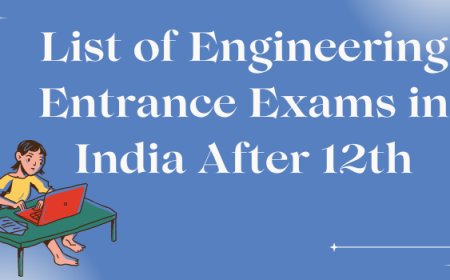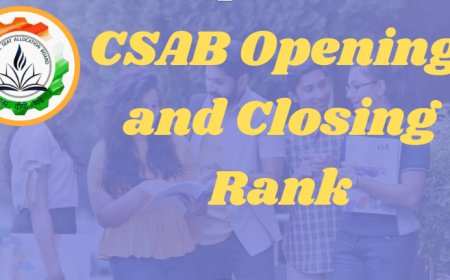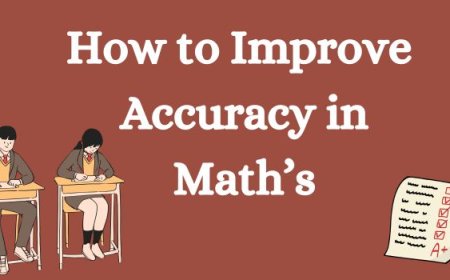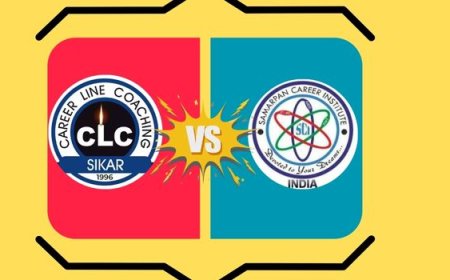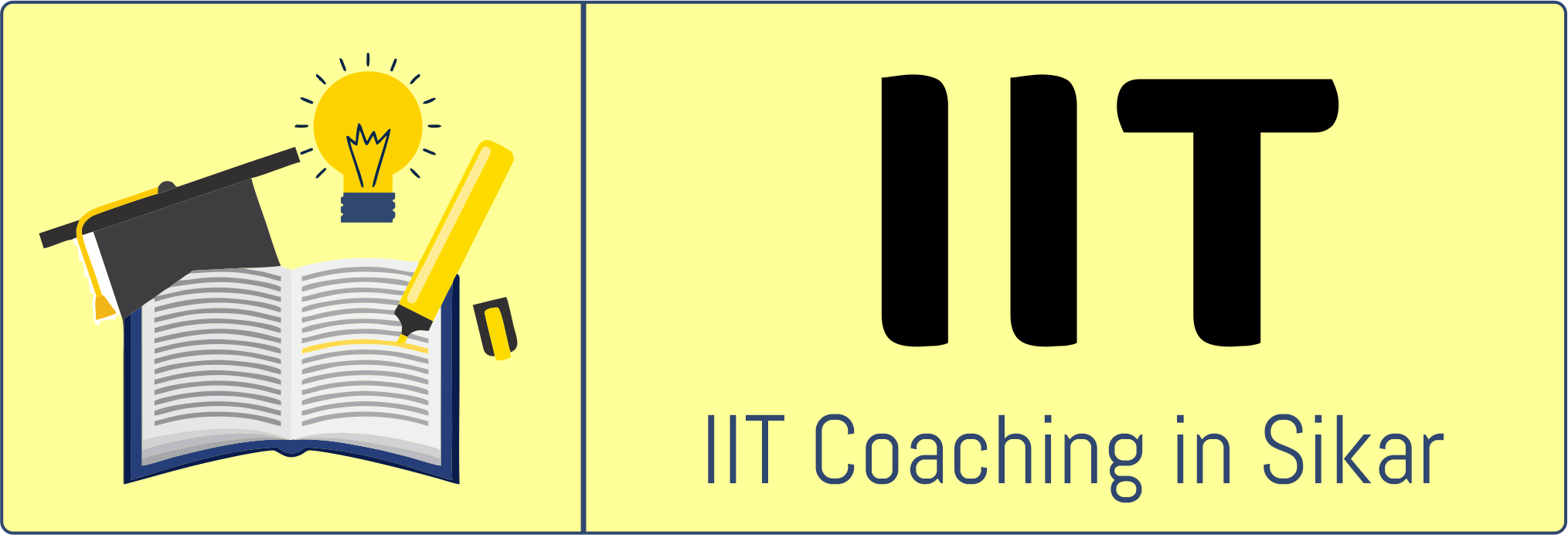How to Balance School Boards with JEE Coaching
Learn how to balance school board exams with JEE coaching using smart strategies, time management tips, and study hacks.
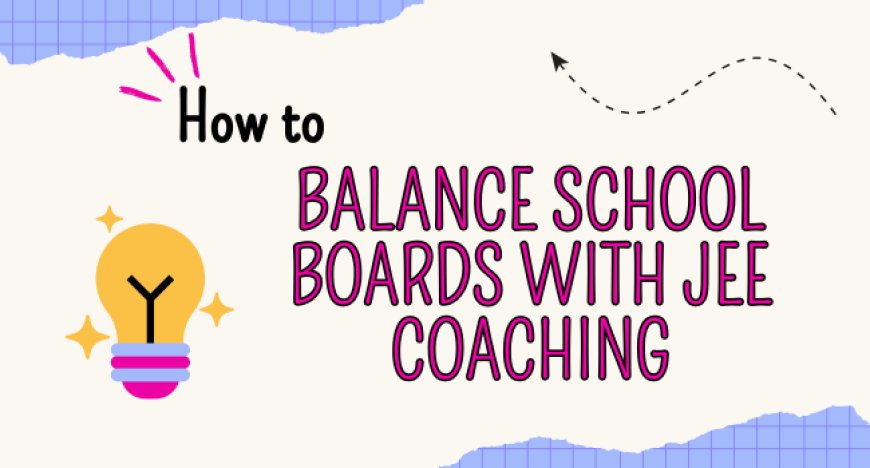
How to Balance School Boards with JEE Coaching? Cracking the IIT JEE while also excelling in school board exams is a challenge that many students in Class 11 and 12 face in India. Since the preparation methods for both are quite different—board exams focus on theory while the JEE emphasizes application—finding the right balance is crucial.
This article serves as a comprehensive guide to help you balance both boards and JEE, offering practical tips, a strategic timetable, and solutions to manage your studies effectively.
Read More: Top IIT JEE Coaching in Rajasthan 2025
Understanding the Core Challenge of JEE and School
The strategies for preparing for JEE and board exams differ significantly:
Board exams prioritize presentation, detailed theoretical responses, and knowledge from textbooks.
In contrast, JEE Main and Advanced require a solid grasp of concepts, problem-solving abilities, and the ability to answer questions under time constraints.
Thus, balancing JEE coaching with school demands a structured approach, effective time management, and careful planning.
Best Tips on How to Balance Boards and JEE
To effectively balance your board exams and JEE preparation, it’s crucial to align your study plan with the overlapping topics from both syllabi while maintaining a structured daily routine. Prioritize NCERT for your board studies, and at the same time, tackle JEE-level problems to enhance your conceptual understanding and readiness for the exams.
1. Integrate Your Syllabus Wisely
A lot of the syllabus for Class 11 and 12 boards overlaps with JEE Main. The trick is to pinpoint the common chapters and focus on developing a strong conceptual understanding. Start with NCERT textbooks and then tackle JEE-level questions.
Tip: For Physics and Chemistry, study the NCERT textbook for boards while simultaneously solving objective questions for JEE.
2. Create a Unified Study Schedule
Craft a balanced timetable that includes:
2–3 hours each day for school homework and board exam theory
3–4 hours of practice only JEE problem-solving and concept revision
One day a week for a full-length mock test (alternating between board and JEE formats)
A consistent approach works best for both JEE and board exam strategies, rather than just cramming.
3. Select the Right Coaching Format
When choosing JEE coaching alongside school, make sure:
The timings don’t conflict with school hours.
The coaching supports your board preparation.
The study materials align with both JEE and board requirements.
Opt for integrated programs (like CLC Sikar, FIITJEE, Allen, etc.) that combine school and coaching under one roof.
4. Focus on the NCERT for Boards
If you want to score good marks in the board exams, then the NCERT textbooks are essential to fulfill your dream. Make sure to practice writing, create diagrams, and provide detailed answers. It’s a good idea to prepare separate notes for key definitions, long-form answers, and value-based questions.
5. Practice Application-Based Questions for JEE
While board exams emphasize writing skills, JEE is all about mastering MCQs and managing your time effectively. Once you wrap up a chapter for your boards, dive right into JEE-level questions from resources like:
- HC Verma (Physics)
- OP Tandon (Chemistry)
- RD Sharma / Cengage (Maths)
This way, you can tackle both board exams and JEE without doubling your efforts.
6. Use Sundays for Mock Tests
Set aside Sundays for:
- Alternating between full-length JEE mock tests and board exam practice papers
- Analyzing your mistakes and refining your strategy
Mock tests are crucial for fine-tuning your preparation, balancing between boards and JEE.
7. Don't Ignore Writing Practice
A common mistake among students focused on JEE is neglecting writing practice, which is vital for board exams. Aim to tackle 2–3 long-answer questions each day, especially in subjects like Chemistry and English that require a solid theoretical foundation.
8. Time Management Is Key
Create a daily study planner to manage your time wisely:
- Early morning: Revise theory for boards
- After school: Focus on coaching and JEE materials
- Night: Work on practice questions and analyze tests
Stick to your schedule and steer clear of last-minute cramming to keep stress at bay.
9. Use Flashcards & Revision Notes
For quick revisions leading up to your board exams and JEE, keep chapter-wise flashcards, formula sheets, and mind maps handy. This approach not only helps you retain information better but also saves you time during your review sessions.
10. Stay Mentally Healthy
Don’t forget to take care of your health. Aim for 6–7 hours of sleep, eat nutritious meals, and take regular breaks. Remember, preparing for JEE and board exams is a marathon, not a sprint. Avoid burnout by setting achievable goals.
Read More: JEE Main 2025 Exam Date Clash with CBSE Board 12th Exam
Board vs JEE Preparation Tips – What to Prioritize?
To ace your board exams, make NCERT your go-to resource and dedicate time to writing practice. For JEE preparation, it’s all about grasping concepts and boosting your problem-solving speed. Finding the right balance between theory and hands-on application is key to mastering both.
|
Factor |
Board Exam |
JEE Examination |
|
Study Material |
NCERT, School Notes |
Advanced Books, MCQ Banks |
|
Concept Application |
Medium |
Very High |
|
Exam Pattern |
Subjective, Long Answer |
Objective, Time-Limited |
|
Writing Practice |
High Priority |
Less Important |
|
Revision Approach |
Textbook-Based |
Problem-Solving-Based |
Read More: When Should You Start Preparing for JEE Main 2026?
Final Words
Balancing board exams with JEE prep can feel overwhelming, but with the right discipline, planning, and resources, it’s doable. Stick to the strategies mentioned for both JEE and board exams, remain consistent, and keep an eye on your progress.
Remember: Your board exams lay the groundwork, while JEE assesses your aptitude. A strong emphasis on concepts, consistency, and self-confidence will pave the way for success in both arenas.
FAQs on Balancing School Boards and JEE Coaching
Q1. Is it possible to crack JEE and score well in boards simultaneously?
Ans. Absolutely! With effective time management and steady effort, you can achieve over 90% in your boards and also secure a good rank in JEE Main/Advanced.
Q2. How much time should I dedicate daily to boards vs JEE?
Ans. Consider dedicating about 40% of your study time to board preparation and 60% to JEE. Feel free to adjust this based on your upcoming exams or subjects you find challenging.
Q3. Should I join coaching along with school?
Ans. Joining a JEE coaching program alongside school can provide structured learning, but make sure it doesn’t clash with your school studies. Integrated programs work best.
Q4. Can I use the same books for boards and JEE?
Ans. Starting with NCERT books is a great idea for both, but for JEE, you’ll want to supplement with additional resources like HC Verma, Cengage, and various question banks for more in-depth practice.
What's Your Reaction?








